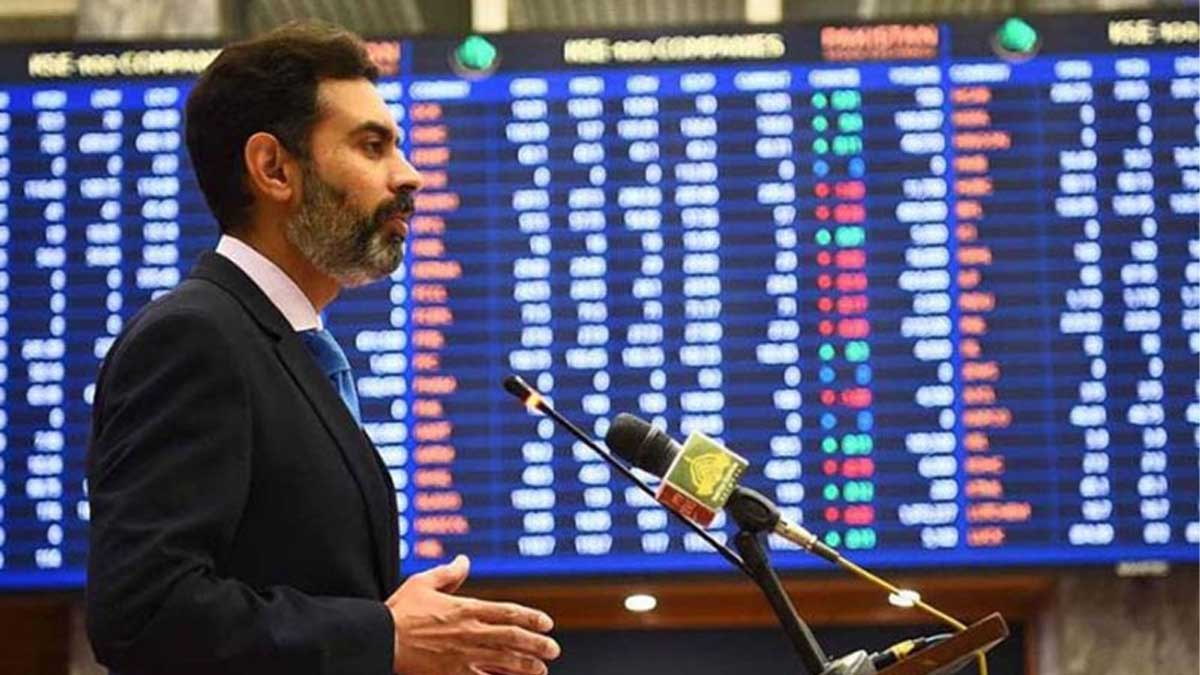Pakistan’s central bank raised the benchmark interest rate by 100 basis points to 9.75 percent on Tuesday, in line with market expectations, to combat inflationary pressures, reduce the current account deficit, and ensure that development stays stable.
“Given rate rises since September and the outlook,” the central bank said after the meeting, “the Monetary Policy Committee felt that the end objective of mildly positive real interest rates on a forward-looking basis was now close to being realized.”
“Looking ahead, monetary policy settings are projected to remain basically unaltered in the near-term,” the State Bank of Pakistan (SBP) said, referring to the next Monetary Policy Committee (MPC) meeting on January 24.
The MPC convened for the first time today after Pakistan and the International Monetary Fund (IMF) established a staff-level agreement for the sixth review on November 22, 2021.
Read more: Profit rate on savings accounts hiked by 1.5% to minimum of 7.25%
Today’s meeting was one of two additional meetings scheduled by the central bank after it raised its benchmark policy rate by 150 basis points to 8.75 percent last month, broadly in line with market expectations, due to inflationary risks.
“Looking ahead, based on this momentum and the predicted path of energy tariffs, inflation is likely to remain within the revised forecast range for the balance of the fiscal year,” the central bank said in a post-meeting statement.
“Inflation is likely to decrease toward the medium-term target range of 5-7 percent during FY23 as global commodity prices retrench, administered price increases evaporate, and the impact of demand-moderating policies materializes,” the statement stated.
“The MPC will continue to keep a close eye on developments affecting inflation, financial stability, and growth prospects in the medium term,” the central bank said.
The central bank’s monetary policy committee is expected to hike the policy rate by 100 basis points to contain Pakistan’s surging inflation, according to financial experts.
It’s worth noting that the interest rate is a tool that the central bank can use to limit inflation, eliminate wasteful rupee fluctuation, and steer the national economy in the right direction.





















